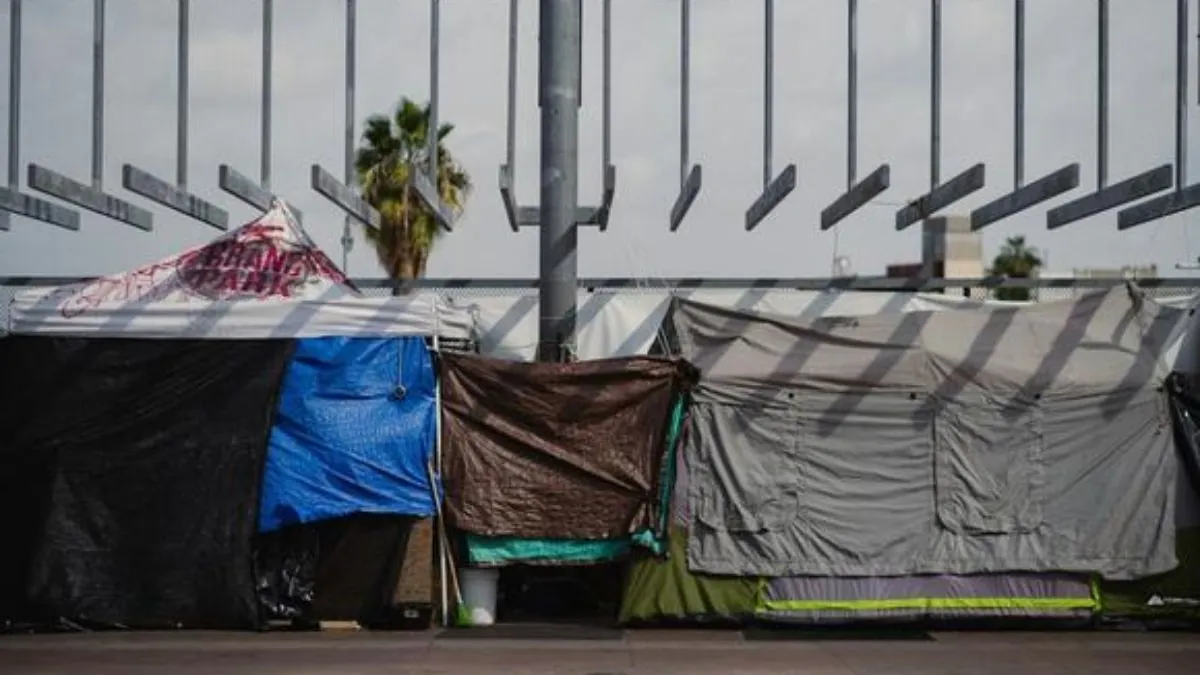Aiexpress – The U.S. Supreme Court will soon examine a significant homelessness case known as Johnson v. Grants Pass, which could have far-reaching implications for Seattle and other cities on the West Coast.
This case raises concerns about the future of encampments and the treatment of homeless individuals by challenging existing legal protections for the homeless. With oral arguments scheduled for April, the outcome has the potential to reshape homelessness policies and the overall landscape.
A Landmark Case on Homelessness:
In 2022, the 9th Circuit Court of Appeals raised concerns about the constitutionality of penalizing or apprehending homeless people for sleeping outdoors when they have no other shelter options in the Johnson v. Grants Pass case. This case questions the validity of the previous ruling made in 2018, known as Martin v. Boise, which declared such actions as unconstitutional. The impending review by the Supreme Court has garnered bipartisan attention, especially from those who usually uphold progressive ideologies.
Local Perspectives and Legal Maneuvers:
Seattle City Attorney Ann Davison backs the idea of conducting a review, stating that the current rulings impede the ability of local communities to tackle homelessness effectively. She points to the case of Johnson v. Grants Pass, which specifically addresses the practice of piling up civil citations and fees by local governments, deeming it a cruel and unusual form of punishment. Some cities, including Grants Pass, have attempted to work around previous decisions by implementing anti-camping ordinances, but these efforts have been met with legal opposition.
Potential Impact on Homelessness Policies:
The Martin v. Boise ruling, which is five years old, has played a crucial role in influencing how cities on the West Coast deal with the issue of homelessness. This landmark decision has compelled cities to prioritize providing shelter to individuals experiencing homelessness rather than simply dispersing homeless encampments.
Critics argue that many cities have chosen to comply with the bare minimum requirements when it comes to providing shelter options. Some recent examples of this trend include the implementation of camping bans within legal limits in cities like Edmonds and Mercer Island.
Uncertain Future and Differing Opinions:
The Supreme Court is preparing for the case, and there is uncertainty surrounding the potential outcomes. Those in favor of overturning the decision aim to relax the constraints imposed by Martin v. Boise, while opponents are concerned about the possibility of a wider review of related court cases. Local officials, such as Seattle City Attorney Ann Davison, stress the significance of local autonomy in making decisions regarding homelessness policies.
What Are Your Thoughts?
Do you think the Supreme Court’s ruling on Johnson v. Grants Pass could have a significant impact on how cities tackle homelessness? Should local communities have the power to craft their own policies on homelessness, or do you believe there should be a uniform approach? When making their decision, what factors should the Supreme Court prioritize, taking into account the potential repercussions for individuals experiencing homelessness?

